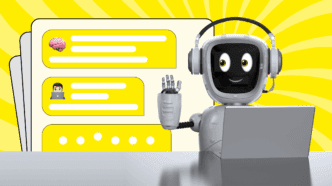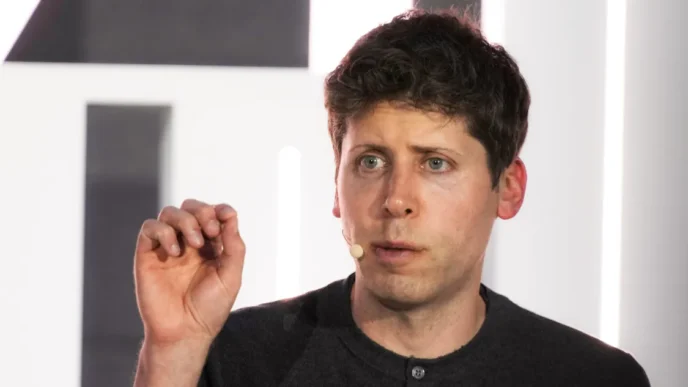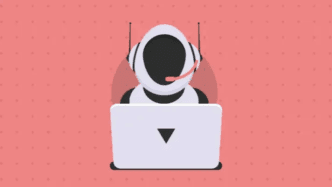A pseudonymous developer known online as “xlr8harder” has released a new web-based tool called SpeechMap—designed to test how major AI chatbots respond to politically charged and controversial prompts. From OpenAI’s ChatGPT to Elon Musk’s Grok, the tool evaluates if these bots lean toward caution, neutrality, or censorship when it comes to hot-button issues like civil rights, historical events, and political protest.
SpeechMap is more than a coding experiment. It’s a direct response to growing concerns about bias in AI language models. At a time when AI is becoming embedded into everything from search engines to enterprise software, questions are mounting: Are these models too “woke”? Are they censoring opposing viewpoints? Are they safe for open discussion?
According to its creator, the goal behind SpeechMap is simple—to bring these conversations into the public sphere, not leave them behind closed doors in Silicon Valley.
How SpeechMap Evaluates Chatbot Behavior on Controversial Prompts
Unlike standard AI benchmarking tools that test for accuracy or language fluency, SpeechMap dives into the murky waters of opinion and politics. It uses a unique methodology—feeding prompts to various AI models and then assessing their responses across three key categories:
- Compliant: The model answers the question fully without avoiding the topic.
- Evasive: The answer dances around the issue without fully committing.
- Refusal: The model outright declines to answer.
These prompts aren’t lightweight either. They cover politically sensitive issues such as civil rights movements, critiques of national leaders, flag symbolism, and even culturally taboo questions. The test is run by another AI model that acts as a judge, determining the tone and completeness of each response.
While the approach is bold, it isn’t without flaws. Xlr8harder admits that some noise may come from inaccuracies in the judging model or glitches from the AI providers themselves. Still, even with these caveats, the trends are worth noting—especially when it comes to major players like OpenAI and xAI.
OpenAI Becomes More Cautious While Grok Embraces Bold Responses
One of the most notable patterns revealed by SpeechMap is how OpenAI’s models have become less willing to answer controversial questions over time. Earlier versions of ChatGPT were more responsive to political prompts, but as the models have evolved—especially with the release of GPT-4.1—they’ve grown more hesitant. That’s not entirely unexpected. OpenAI has publicly committed to keeping its models neutral, aiming to avoid editorial bias or single-perspective answers on debated topics.
In February, OpenAI reiterated that future models would be tuned to “not take a stance” on politically sensitive issues and instead provide multiple viewpoints. But SpeechMap’s data suggests that neutrality often translates to avoidance. Newer versions answer fewer controversial prompts, even as they claim to become more balanced.
On the other hand, xAI’s Grok 3, the AI engine powering several features on Elon Musk’s platform X (formerly Twitter), is taking the opposite path. It responded to 96.2% of all test prompts on SpeechMap, making it the most responsive AI model in the evaluation. That’s a massive leap compared to the global average compliance rate of 71.3%.
While previous versions of Grok also held back on touchy political topics, Grok 3 appears to be breaking that mold. It’s now more willing to engage with prompts involving sensitive themes—something Musk has long promised. When Grok launched, Musk claimed it would be “anti-woke”, unafraid of controversial questions, and ready to speak freely. At least by this test’s measure, he may have delivered on that promise.
Interestingly, earlier studies showed that Grok leaned left on issues like transgender rights, diversity, and economic inequality, something Musk blamed on its public training data. He has since committed to rebalancing the model’s outlook to make it politically neutral. With Grok 3’s more open and direct style of answering, it looks like that shift is already underway.
SpeechMap Opens the Door for Public AI Accountability
What makes SpeechMap significant is that it flips the script on AI governance. Rather than waiting for vague corporate statements or limited transparency reports, the tool gives users a direct look into how models behave. It’s an open invitation to challenge the decisions tech companies make in shaping public discourse through AI.
It also highlights the difficulty of designing truly neutral AI. If a model refuses to answer, is that bias? If it answers too freely, is it irresponsible? SpeechMap doesn’t claim to settle these questions—but it starts the conversation. And for developers, journalists, researchers, and everyday users, that’s a powerful step forward.
As generative AI becomes more central to how we search for truth, form opinions, and make decisions, understanding how these systems react to real-world controversies is no longer optional—it’s essential.
Final Thoughts: Transparency Matters More Than Ever
AI models are often presented as tools—neutral, efficient, and safe. But tools are built by people, trained on biased data, and influenced by institutional priorities. Whether it’s OpenAI leaning into caution or xAI leaning into boldness, both approaches have consequences.
SpeechMap may not be perfect, but it’s a rare attempt to hold these systems accountable—not just for what they say, but what they refuse to say. As AI continues to shape public opinion, tools like this one might be key to keeping that power in check.













